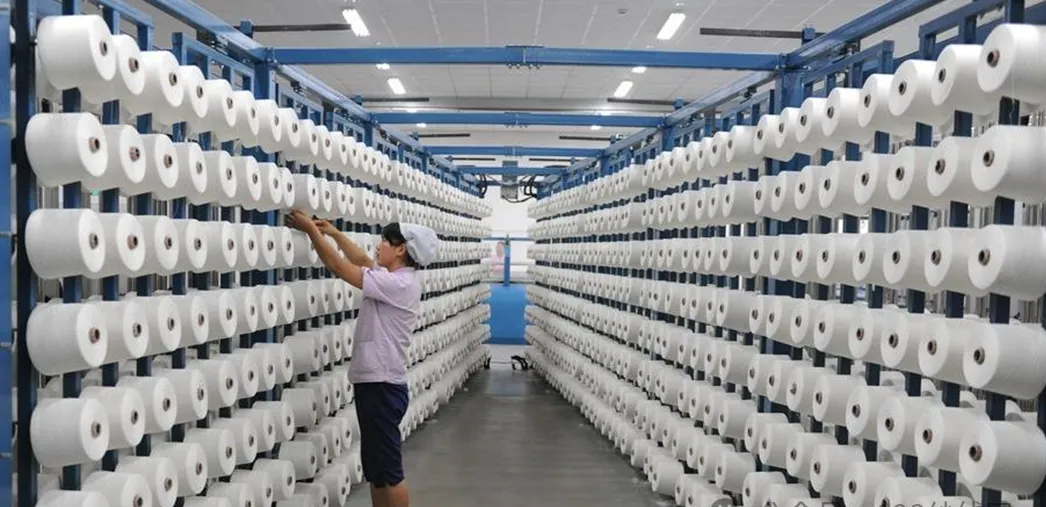Polyester Yarn Characteristics
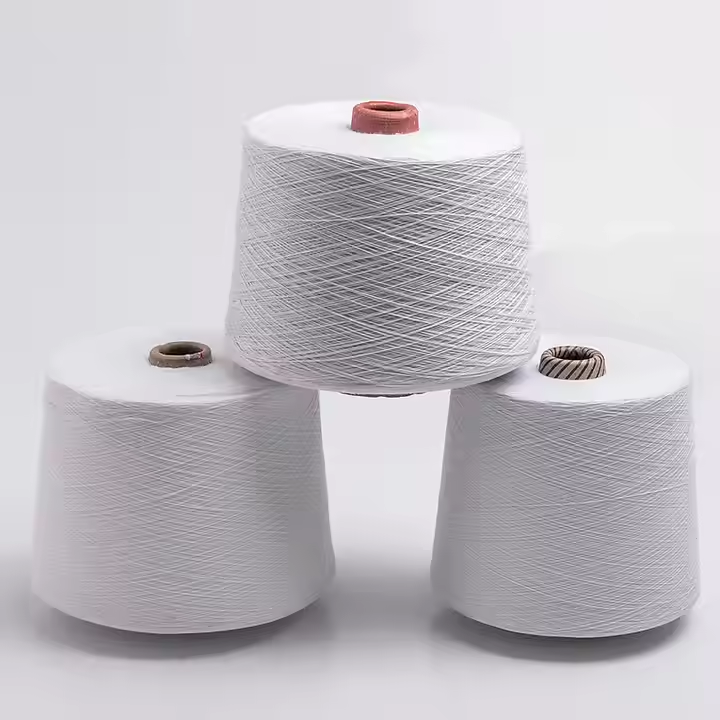
Polyerster spun yarn
Polyester yarn is one of the most widely used synthetic fibers in the textile industry. Known for its versatility and durability, this material has several important properties that make it highly popular for a variety of applications. Below, we will explore the key characteristics of polyester, including its strength, elasticity, heat resistance, and more.
1. High Tensile Strength
One of the most prominent features of polyester yarn is its high tensile strength. The strength of short fibers ranges from 2.6 to 5.7 cN/dtex, while high-strength fibers can reach 5.6 to 8.0 cN/dtex. This makes polyester one of the strongest synthetic fibers available. In addition, it has a low moisture absorption rate, which means its wet strength is almost identical to its dry strength. This attribute makes it an excellent choice for products that need to maintain their integrity under various conditions.
Moreover, polyester boasts superior impact resistance compared to other fibers. Its impact strength is four times higher than that of nylon and 20 times higher than that of viscose fibers. This high tensile strength and impact resistance contribute to the durability and reliability of polyester, making it suitable for a wide range of textile products, from everyday clothing to industrial applications.
2. Excellent Elasticity
Another notable characteristic of polyester yarn is its excellent elasticity. Polyester’s elasticity is comparable to that of wool. When stretched by 5% to 6%, it can almost fully recover its original shape, making it highly resistant to deformation. This makes it an ideal choice for garments and fabrics that require flexibility and shape retention.
In addition to elasticity, it also exhibits excellent wrinkle resistance. Unlike many other fibers, polyester yarn does not easily wrinkle, which means fabrics made from it maintain their appearance even after repeated use. This wrinkle resistance contributes to the fabric’s dimensional stability, ensuring that garments retain their original shape for longer periods. For consumers, this translates to less time spent on ironing and maintenance, which adds to the convenience of wearing polyester fabrics.
3. Heat Resistance
Polyester yarn is produced through a melt-spinning process, making it a thermoplastic fiber. This means that once the fiber is formed, it can be reheated and remolded, which offers advantages in various textile applications. The melting point of polyester is relatively high, and both its specific heat capacity and thermal conductivity are low. As a result, it has excellent heat resistance and thermal insulation properties.
In fact, polyester is considered one of the best heat-resistant synthetic fibers available. Its ability to withstand higher temperatures without losing shape or integrity makes it a popular choice for products that will be exposed to heat, such as outdoor fabrics, upholstery, and workwear.
4. Thermoplasticity and Resistance to Melting
While polyester yarn has excellent heat resistance, it also has some limitations due to its thermoplastic nature. The surface of polyester is smooth, and its molecular structure is tightly packed, which contributes to its heat resistance. However, the fiber’s resistance to melting is not as strong as some other fibers. For example, polyester yarn is vulnerable to damage from exposure to heat sources such as cigarette embers, sparks, or open flames. These elements can easily cause holes to form in polyester fabrics.
Because of this, it is essential to avoid direct contact between polyester garments and sources of heat, like cigarette butts or sparks from a fire. Careful handling and proper maintenance can help ensure the longevity of fabrics made from polyester yarn.
5. Excellent Abrasion Resistance
Another key advantage of polyester is its excellent abrasion resistance. In fact, polyester’s abrasion resistance is second only to nylon, and it outperforms most other natural and synthetic fibers. This makes polyester an ideal choice for products that undergo significant wear and tear, such as upholstery, carpets, and outdoor gear. The high abrasion resistance of polyester yarn contributes to its longevity, ensuring that fabrics made from this material can withstand repeated use without showing signs of damage.
Recycled Polyester: A Sustainable Alternative
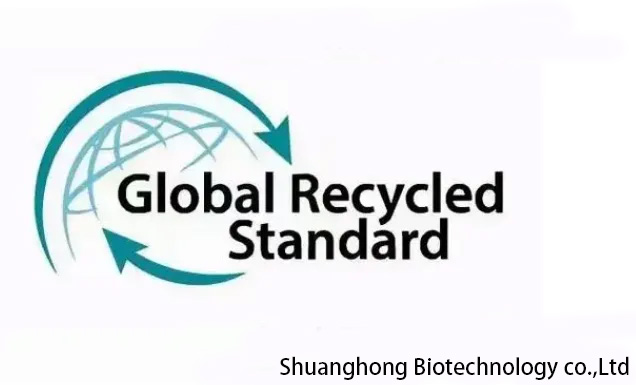
Renewable Polyester Yarn Certification
While polyester yarn is produced from fresh polyester material, recycled polyester, or rPET, is made from used plastic bottles and other recycled textiles. The production process for recycled polyester involves several steps, including collection, crushing, washing, shredding, and melting. The technology and costs involved in producing recycled polyester are higher than those for standard polyester yarn, but the environmental benefits make it an appealing option.
The performance characteristics of recycled polyester are generally superior to those of regular polyester. Recycled polyester tends to have better moisture absorption, improved breathability, and enhanced softness, making it a desirable choice for high-quality fabrics. It also retains the durability and abrasion resistance of traditional polyester but with the added environmental benefit of reducing plastic waste.
In contrast, regular polyester yarn is generally considered to have slightly weaker performance in terms of moisture absorption and overall fabric feel. While polyester is durable and heat-resistant, recycled polyester offers additional benefits, such as being more sustainable and providing a softer, more comfortable feel, which makes it suitable for premium clothing and textiles.
Conclusion: Choosing the Right Polyester Yarn for Your Needs
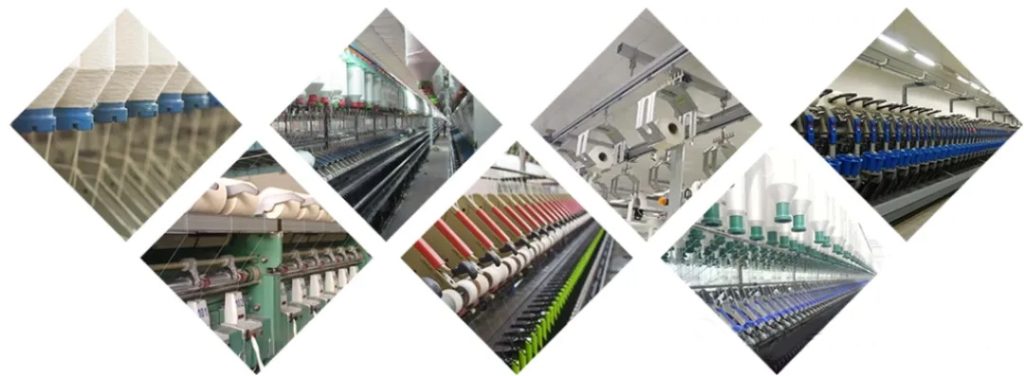
Polyester yarn is renowned for its high tensile strength and low moisture absorption rate。
In conclusion, polyester is a highly versatile material that offers a range of valuable properties, including high tensile strength, elasticity, heat resistance, and excellent abrasion resistance. While standard polyester yarn is durable and long-lasting, recycled polyester provides additional environmental benefits, improved softness, and superior moisture absorption.
When choosing between these two types of polyester, it is essential to consider the intended use of the fabric, as well as environmental concerns. For everyday use, standard polyester yarn is an excellent option due to its durability and cost-effectiveness. However, for high-quality, sustainable fabrics, recycled polyester is the preferred choice, offering both superior performance and a lower environmental impact.
The versatility and durability of polyester yarn make it a top choice for various applications, from fashion and home textiles to industrial uses. Understanding the differences between polyester yarn and recycled polyester can help consumers and manufacturers make more informed decisions based on both performance requirements and sustainability goals.
Feature Product
-
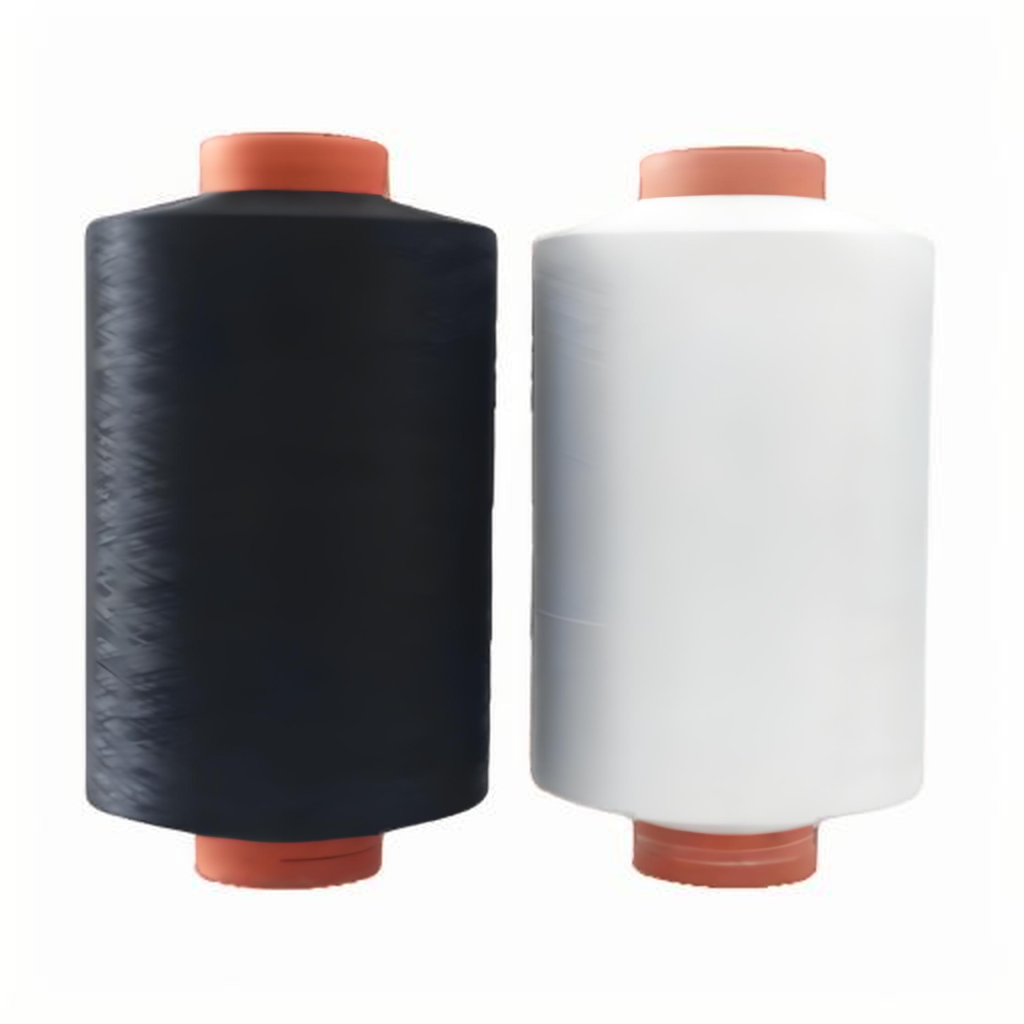 DTY 100D/144F Polyester Yarn
DTY 100D/144F Polyester YarnDTY 100D/144F Polyester Yarn: The Ultimate Guid...
-
 DTY 100D/96F Polyester Yarn
DTY 100D/96F Polyester YarnDTY 100D/96F Polyester Yarn: The Soft, Stable S...
-
 DTY 75D/144F SIM Polyester Yarn
DTY 75D/144F SIM Polyester YarnDTY 75D/144F SIM Polyester Yarn: A Top Choice f...

